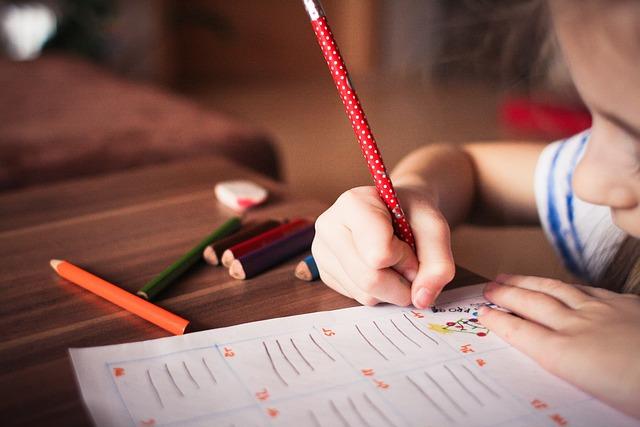The Role of Religious Education in Pakistan’s Schools
Religious education plays a crucial role in shaping the moral values and cultural identity of students in Pakistan. With a population where over 95% identify as Muslim, the integration of Islamic teachings within the academic curriculum reflects the significance of religion in daily life. This article explores the multifaceted role of religious education in Pakistan’s schools, its benefits, challenges, and its influence on students’ overall development.
Importance of Religious Education in Pakistan
The significance of religious education in Pakistan extends beyond mere academic learning. It serves to:
- Enhance moral values and ethics.
- Strengthen cultural identity and heritage.
- Encourage community cohesion and social harmony.
- Provide a spiritual framework for personal growth.
Historical Context
Religious education in Pakistan has its roots in the country’s formation, which was heavily influenced by Islamic principles. The initial intent was to create an educational system that could cater to the spiritual needs of the population while also preparing them for the modern world. Since then, the approach has evolved, yet the core objectives remain anchored in nurturing both religious and personal development.
Benefits of Religious Education
Integrating religious education in schools yields numerous benefits, including:
1. Moral Development
Studying religious texts and teachings fosters a sense of morality among students. This instruction encourages them to distinguish right from wrong, guiding their decisions throughout life.
2. Cultural Awareness
Religious education helps students understand their heritage, allowing them to appreciate the foundation on which their society is built. This appreciation fosters respect for traditions and customs.
3. Social Cohesion
Through shared learning experiences, students from diverse backgrounds can develop mutual respect and understanding, leading to enhanced social cohesion. This is particularly important in a country marked by various sects and ethnic groups.
4. Spiritual Growth
Providing students with a spiritual framework can contribute significantly to their well-being. It helps them find purpose and navigate life’s inevitable challenges with resilience.
Challenges in Implementing Religious Education
Despite its importance, several challenges hinder the effective implementation of religious education in Pakistan’s schools:
- Governance Issues: Inconsistent policies and frameworks for education can lead to variations in how religious teachings are imparted across schools.
- Curriculum Overload: Balancing religious education with other academic subjects can be difficult, often leading to insufficient focus on either.
- Sectarian Disparities: Different schools may have differing interpretations of religious teachings, which can increase division rather than unity.
- Resource Limitations: Many schools lack adequate resources, such as qualified teachers and teaching materials, to effectively deliver religious education.
First-Hand Experiences
To provide insight, several educators have shared their experiences regarding the impact of religious education. A high school teacher in Karachi says:
“Incorporating religious education into our curriculum has allowed students to engage not just with their studies but also with their spirituality. I see students reflecting on their actions, often leading to better behavior both in class and in the community.”
Case Studies: Successful Implementations
A number of schools in Pakistan have successfully integrated religious education, leading to improved student engagement and community involvement. Here’s a brief look at two such examples:
| School Name | Location | Program Highlights |
|---|---|---|
| Madrasatul Islam | Karachi | Emphasizing ethics alongside traditional subjects. |
| Al-Huda International School | Islamabad | Integrating Quranic studies with modern education. |
Practical Tips for Enhancing Religious Education
To maximize the effectiveness of religious education in schools, consider these strategies:
- Collaboration: Encourage partnerships between schools and religious institutions to enhance resources.
- Interactive Teaching: Use innovative teaching methods, such as discussions and role-plays, to engage students.
- Diverse Materials: Incorporate various educational materials, including literature, art, and technology, to create a dynamic learning environment.
Conclusion
Religious education in Pakistan’s schools serves as a cornerstone for developing not only the moral fabric of society but also enhancing students’ overall growth. While it presents challenges, the myriad benefits it offers—moral development, cultural awareness, and community cohesion—underscore its vital role in the educational landscape. By addressing the challenges and embracing innovative teaching methods, Pakistan can continue to nurture a generation that values both academic excellence and spiritual integrity.



